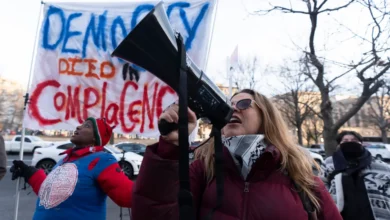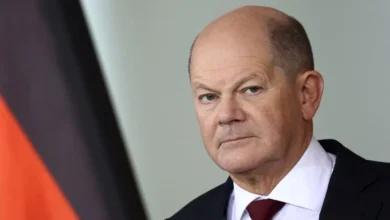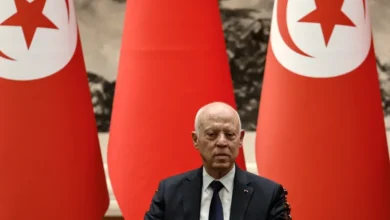Daylight savings time dispute puts Lebanon in two timezones

Lebanon has woken up in two time zones amid an escalating dispute between political and religious authorities over a decision to extend winter time for a month.
Caretaker Prime Minister Najib Mikati issued a decision on Thursday to delay entering daylight savings time till April 20, instead of rolling the clocks forward an hour on the last weekend of March.On Saturday, the influential Maronite Church said it would disregard the decision and would set its clocks forward on Saturday night.
Mikati’s decision was seen as an attempt to score a win among Muslims by allowing those fasting during Ramadan to break their fasts at approximately 6pm instead of 7pm.
The Maronite Church called the decision “surprising” and said there had been no consultations with other actors or considerations of international standards.
Other Christian organisations, parties and schools announced they would follow the Church.
Meanwhile, Muslim institutions and parties appeared set to remain on winter time, deepening divides in a country that witnessed a 1975-1990 civil war between Christian and Muslim factions and where parliament seats are allocated by religious sect.
Businesses and media organisations, including two of Lebanon’s main news channels LBCI and MTV, announced they too would enter daylight savings on Saturday night as calls for disobedience gained steam.
LBCI said in a statement that it would disobey Mikati’s decision because it would have harmed its work, adding: “Lebanon is not an island”.
Others have tried to adapt.The state-run telecoms duopoly sent messages to customers advising them to set the time on their devices manually on Sunday, in case the clocks had automatically gone forward.
Many have said the uncertainty and potential chaos were emblematic of decades of failed governance by leaders that led Lebanon into a 2019 financial crisis the World Bank said was “orchestrated” by elites.










